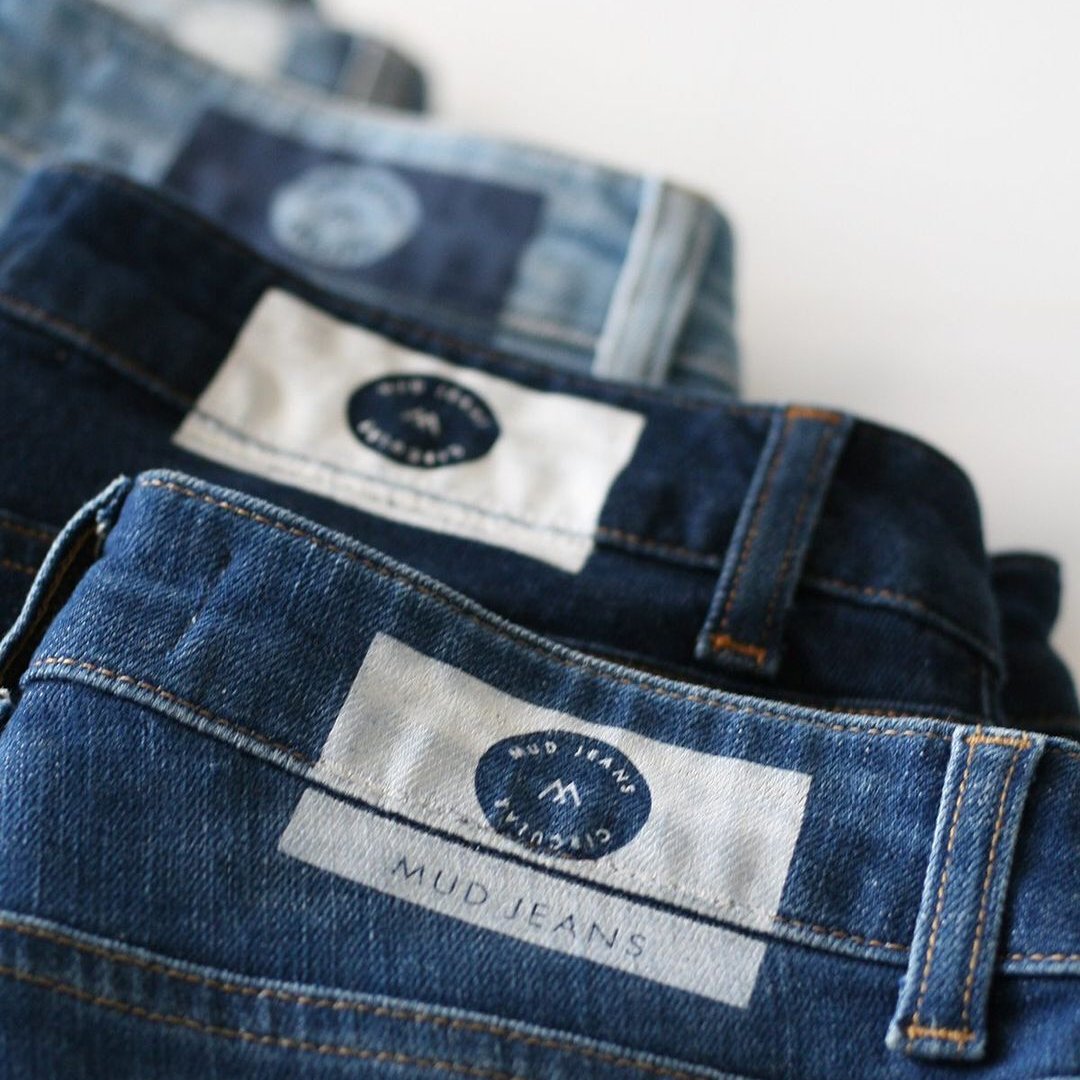
In a remarkable stride towards sustainability, Mud Jeans recently reported a remarkable 42% year-over-year reduction in carbon emissions for 2022, primarily attributed to efficiency improvements within its manufacturing partner, Yousstex. This Dutch company's annual sustainability report unveiled this substantial decrease, emphasizing the substantial gains made in energy efficiency, particularly in sewing and ironing processes.
This achievement marked a significant improvement compared to the previous year, where Mud Jeans managed a more modest reduction of 3.2% in CO2 emissions when compared to its 2020 figures. In total, the company's carbon impact for 2022, which included Scope 3 supply chain emissions, amounted to 299,510 kilograms of carbon dioxide equivalent. It's important to note that this figure takes into account carbon offsets, and Mud Jeans has proudly claimed carbon neutrality since 2016.
Transparency on Carbon Footprint and Water Usage Challenges
In their report, Mud Jeans is transparent about the fact that their products still bear a carbon footprint. They highlight the significance of carbon offsetting, which effectively mitigates this impact over time by investing in projects that remove CO2 from the atmosphere. This commitment to transparency and offsetting reflects the company's dedication to reducing its environmental impact.
The water consumption aspect of Mud Jeans' sustainability journey also came under scrutiny in the report. On average, a pair of Mud Jeans used 400 liters of water in 2022, which represented a 1.8% increase from the previous year. This increase was attributed to the inclusion of new data from Calik Denim and Bossa, both of which provided more detailed information for the first time. Mud Jeans has expressed its intent to collaborate with these suppliers to find ways to further reduce their water impact. Notably, compared to 2020, Mud Jeans managed to decrease their water impact by 16%.
Mud Jeans' commitment to transparency extends to their supply chain. The company maintains a deliberately small supply chain, partnering with three recyclers, three fabric producers, and one jeans manufacturer. The majority of their fabrics (84%) come from Tejidos Royo, with Bossa and Calik contributing 9% and 2% respectively. All these fabrics ultimately reach Yousstex, Mud Jeans' sole jeans manufacturer.

Mud Jeans' Sustainable Fabric Choices and Circular Initiatives
In terms of fabric composition, Mud Jeans predominantly use a combination of Organic Content Standard-certified organic cotton and Global Recycled Standard-certified recycled cotton, with only a small portion being sourced from deadstock fabrics. In 2022, 66% of their denim production featured organic cotton, 28% recycled cotton, 4.5% deadstock fabric, 1% recycled synthetic fabrics, and 0.5% hemp. Nearly 29% of Mud Jeans containing recycled cotton are made with 40% post-consumer recycled cotton.
Furthermore, Mud Jeans remains committed to using recycled jeans in its production process. In 2022, the company utilized 18,363 pairs of recycled jeans in its production, marking a substantial increase compared to the previous year. It's worth noting that this number decreased compared to 2021, a year that saw Mud Jeans collaborating with Ikea to transform old jeans into denim sofa covers, resulting in 26,872 pairs of recycled jeans being used. Mud also encourages its customers to send in their old jeans, regardless of the brand, for recycling, and this initiative successfully collected 3,227 pairs of jeans in 2022.
In looking ahead, Mud Jeans has set ambitious goals for the coming year. In terms of circularity, they plan to explore resale options for used Mud Jeans, update their impact comparison methods, and recertify as a B Corp with a higher score, aiming for a more sustainable and impactful future. The company has also introduced new social objectives, including launching a Justice, Equity, Diversity, and Inclusion (JEDI) handbook for other businesses and hosting a webinar with fellow B Corps to share best practices related to JEDI principles. These goals underscore Mud Jeans' unwavering commitment to environmental and social responsibility.